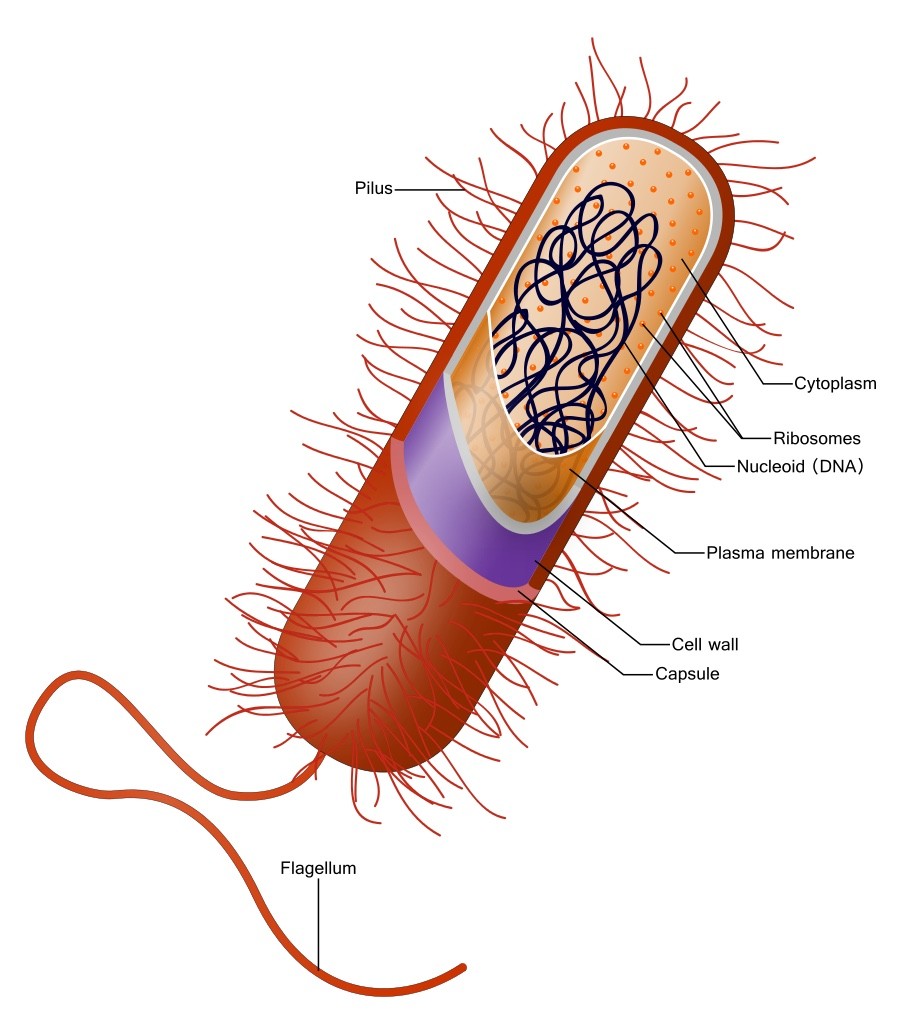DOH says sepsis now most likely cause of racetrack worker’s death
Clinical specimens taken from a dead worker at Belmont Park racetrack and sent to the Centers for Disease Control and Prevention for analysis have tested negative for hantavirus pulmonary syndrome, the New York State Department of Health officials announced Saturday in a news release. Updated findings now point to bacterial sepsis as the probable cause of the worker’s death.
The worker’s immune system most likely became overwhelmed due to exposure to the Klebsiella bacterium, according to the release.
Klebsiella occurs naturally in the human body, and most healthy people are not at risk, according to the National Institutes of Health (NIH) Web site. Exposure to the bacterium, which occurs primarily through person-to-person contact, is most frequently seen in health care settings in the form of blood-stream or wound-site infections, meningitis or pneumonia. Those suffering from such chronic conditions as alcoholism or kidney disease are especially vulnerable.
Officials did not say how the worker became infected. The worker, who died on June 6 and has yet to be identified, was employed in the backstretch area of the park, which houses both horses and racetrack employees.
Construction workers familiar with that area of the park described to the Herald a rat-infested environment where they frequently encountered feces and standing pools of urine under barns and stables. “Rats were everywhere,” said one, who did not wish to be indentified. “It was incredibly toxic.”
New York Racing Association (NYRA) officials are taking steps to remediate the area where the worker was found unconscious on June 1. Working with the Department of Health (DOH), NYRA has agreed to “more rigorous building maintenance,” as well as an overhaul of its pest control procedures and improved waste-management procedures, according to the DOH release. Workers currently living in substandard housing are being relocated, the release said.
Symptoms of Klebsiella infections can include chills, coughing with bloody or yellow mucus, flu-like symptoms and shortness of breath.






